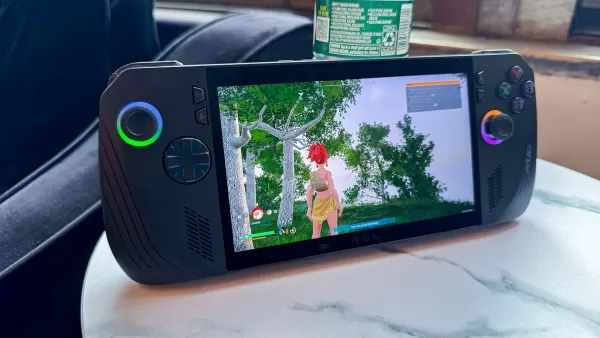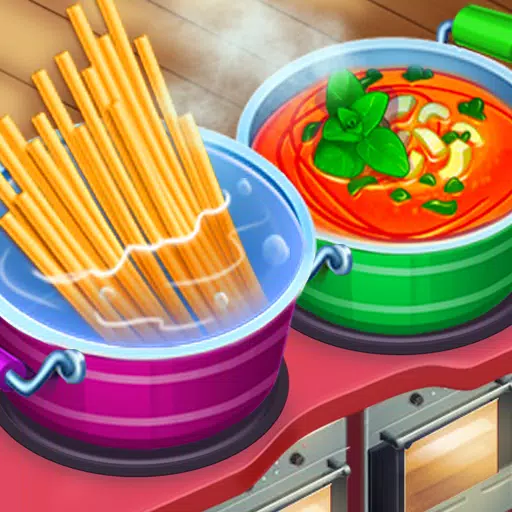With *Monster Hunter: World* shattering Steam records and *Resident Evil* enjoying a resurgence thanks to *Village* and several stellar remakes, Capcom appears virtually unstoppable. But this wasn't always the case. Less than a decade ago, a string of critical and commercial failures left the company struggling for survival, losing its way and its audience.
Capcom suffered a severe identity crisis. *Resident Evil*, the pioneer of survival horror, lost its edge after *Resident Evil 4*. *Street Fighter*, another flagship franchise, faltered with the poorly-received *Street Fighter 5*. The company teetered on the brink of collapse.
However, a pivotal shift in development strategy, coupled with a powerful new game engine, revitalized its beloved franchises. This sparked years of critical acclaim and financial success, catapulting Capcom back to the forefront of the gaming industry.
Resident Evil Lost Its Way
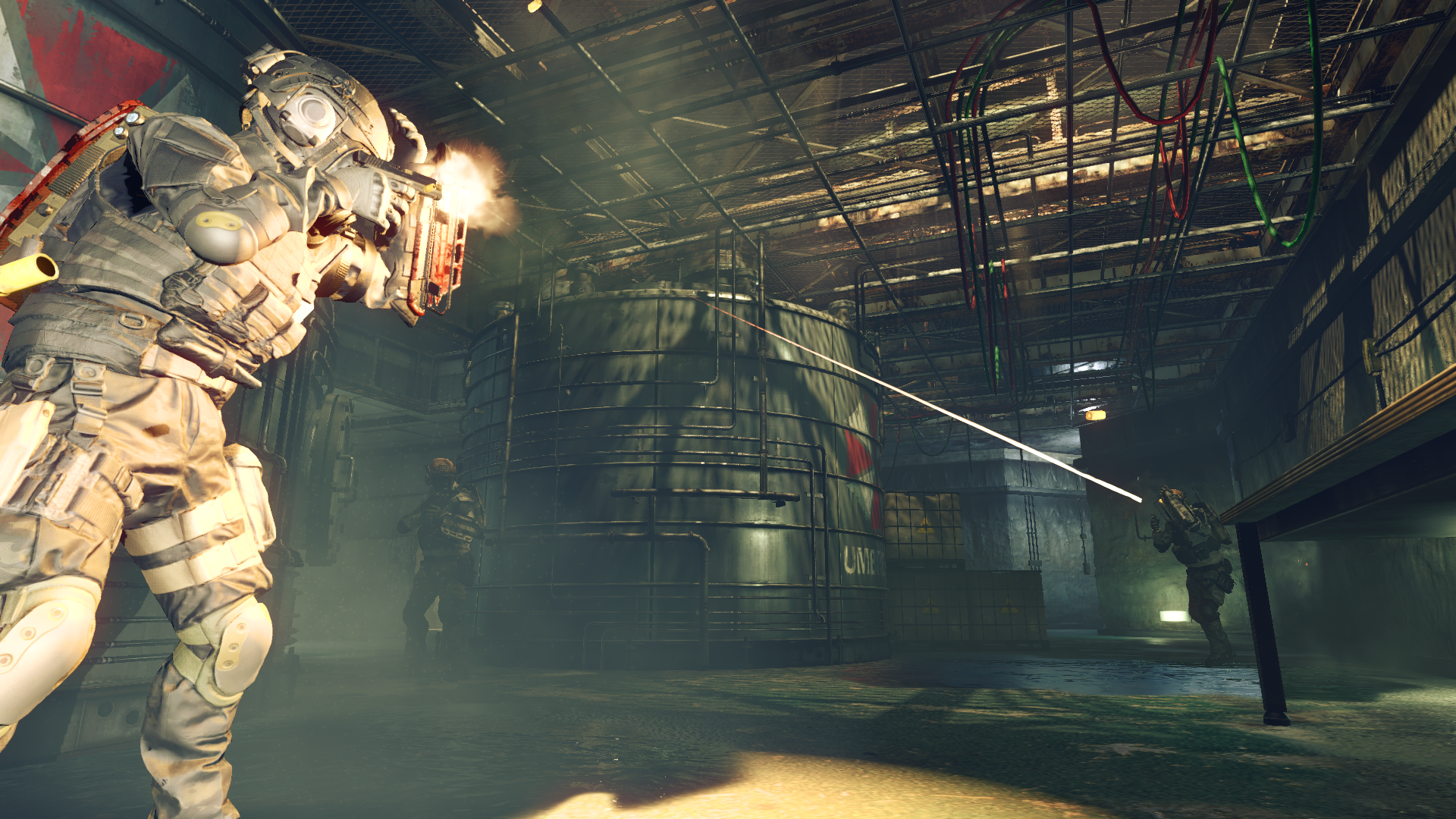
2016 was a particularly rough year. *Umbrella Corps*, an online co-op shooter, was met with harsh criticism from both reviewers and fans. *Street Fighter 5* disappointed longtime fans, falling far short of the brilliance of its predecessor. And *Dead Rising 4*, despite Frank West's return, marked the end of the series' new entries. This marked the nadir of a series of underwhelming years stretching back to 2010. Mainline *Resident Evil* titles, while selling well, faced declining critical reception. *Street Fighter* struggled, and franchises like *Devil May Cry* were largely absent. Meanwhile, *Monster Hunter*, though hugely popular in Japan, struggled to gain significant traction internationally.
This contrasts sharply with Capcom's current success. Since 2017, the company has consistently delivered hit after hit, accumulating both sales and critical accolades. Titles like *Monster Hunter: World*, *Devil May Cry 5*, *Street Fighter 6*, and several acclaimed remakes, along with a successful *Resident Evil* soft reboot, demonstrate Capcom's seemingly unwavering success.
This turnaround wasn't simply a matter of learning from past mistakes. Capcom fundamentally overhauled its strategy, targeting a broader audience and leveraging new technology.
Capcom, founded in 1979 as an arcade game manufacturer, rose to prominence in the 80s and 90s with 2D classics like *Street Fighter* and *Mega Man*, successfully transitioning to 3D with titles like *Resident Evil*. Between 2000 and 2010, it successfully modernized many of its iconic franchises, culminating in the creation of *Resident Evil 4*—a game often hailed as one of the greatest ever made.
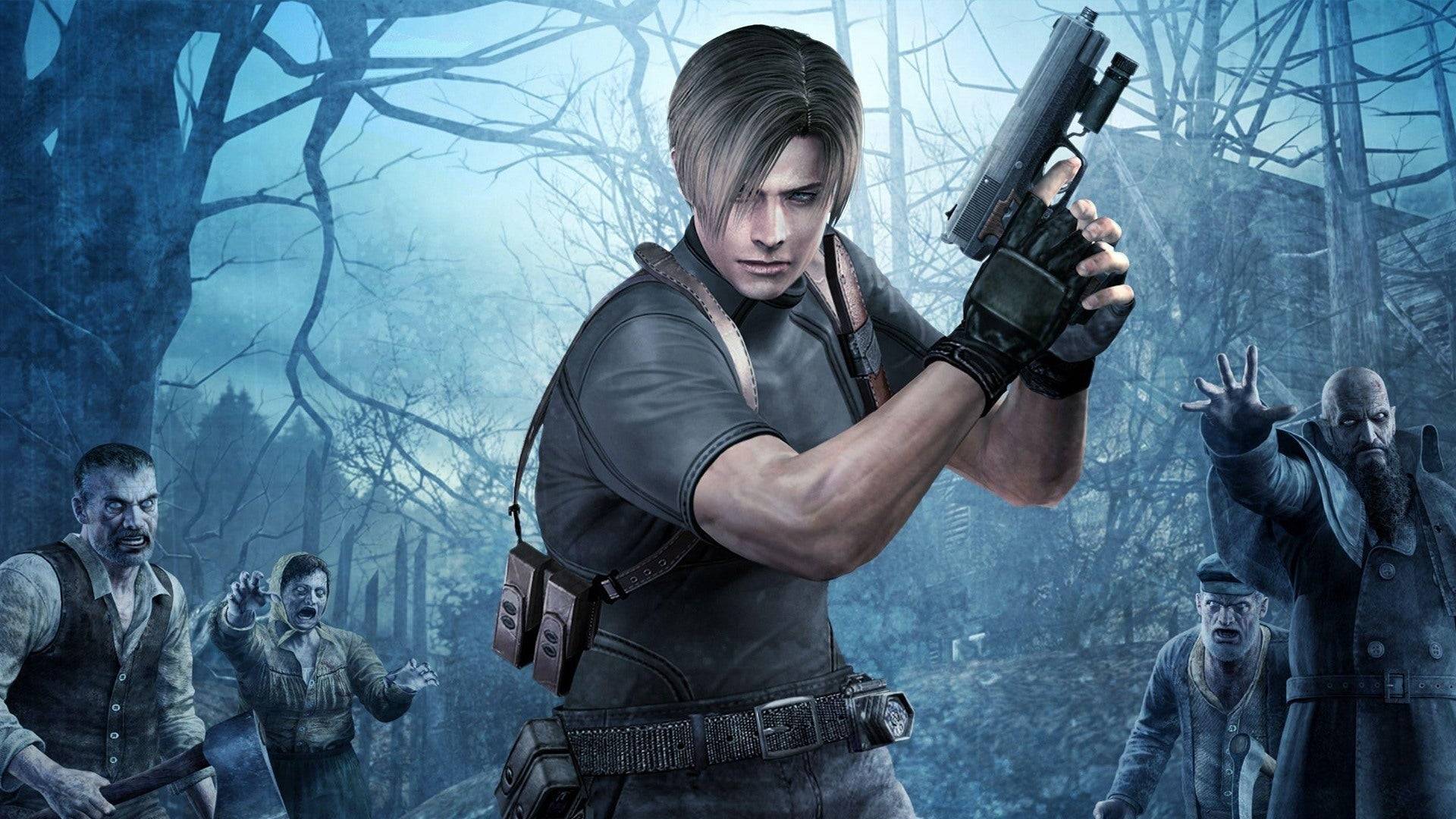
2005's *Resident Evil 4*, lauded for its innovative blend of horror and action, inadvertently altered the course of the franchise. While fundamentally a horror game, its action elements significantly shifted the series' direction. This balance, however, was lost in subsequent entries. *Resident Evil 5*, for example, featured scenes more reminiscent of *Fast and Furious* than a survival horror experience. The series' identity was blurring, a fact recognized by both players and developers like *Resident Evil 4* Remake director Yasuhiro Ampo, a veteran of the series since 1996.
"Throughout the *Resident Evil* series, we set different goals for each game," Ampo explains. "But this time, many of us felt that fan expectations were diverging from our creative direction."
This confusion culminated in *Resident Evil 6* (2012), which attempted to cater to both action and horror fans, resulting in a disjointed experience that ultimately satisfied neither. Online fan frustration mounted as the developers experimented with online co-op spin-offs. This decline wasn't limited to *Resident Evil*. Following the success of *Street Fighter 4*, its sequel, *Street Fighter 5* (2016), was criticized for its lack of single-player content and poor online functionality. Fans pointed to a lack of polish and frustrating game balance.
The struggles extended beyond *Street Fighter* and *Resident Evil*. *Devil May Cry*, after diminishing returns, saw its next installment, *DmC: Devil May Cry* (2013), outsourced to Ninja Theory. While gaining cult status, its reception was mixed. Other attempts to break into the Western market, like *Lost Planet* and *Asura's Wrath*, also failed. While bright spots existed, such as *Dragon's Dogma*, Capcom's overall focus seemed scattered.
Change was clearly needed.
Street Fighter 5, The Lost Cause
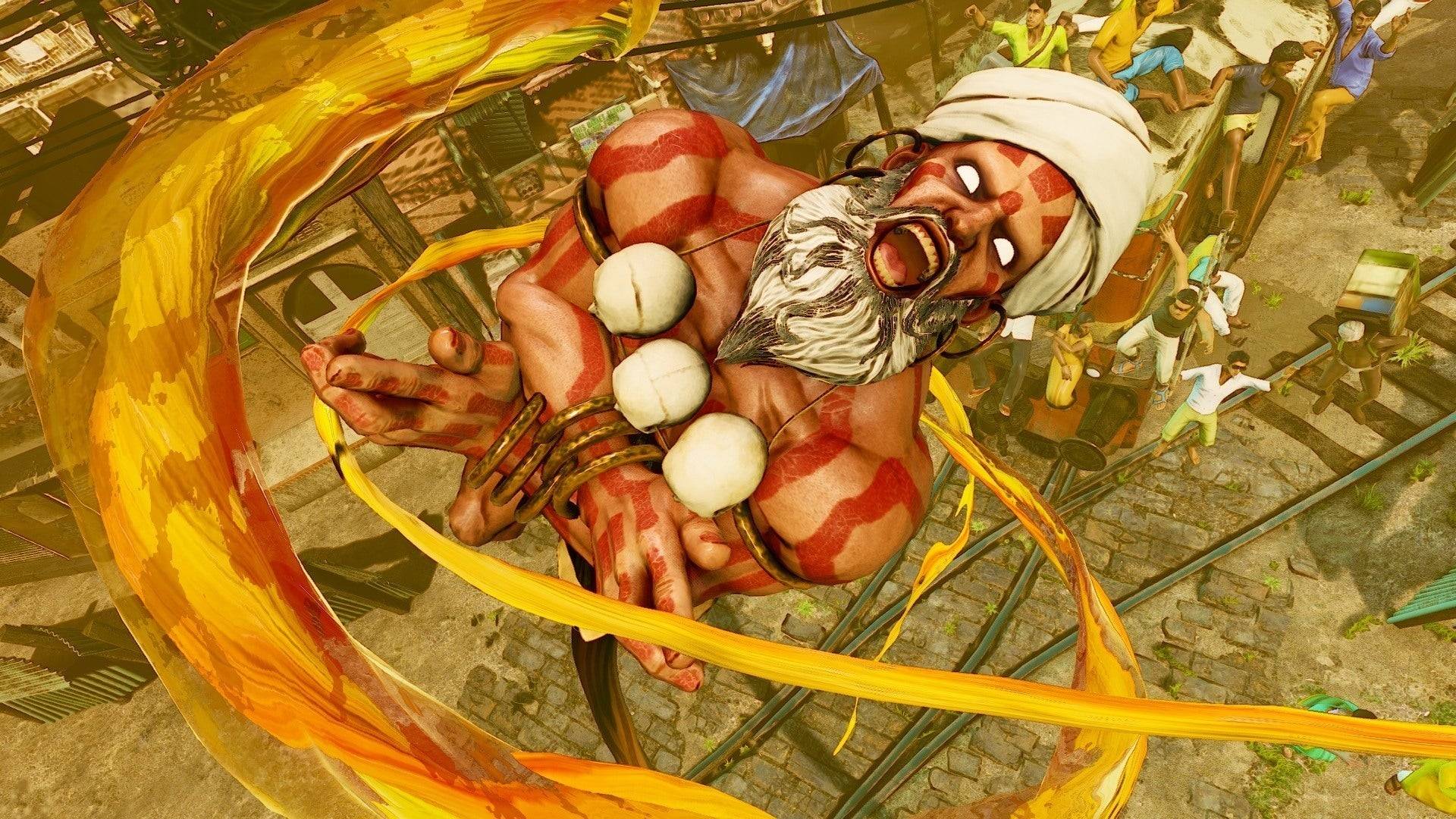
By the mid-2010s, Capcom implemented strategic changes that would reshape its destiny. The first step was addressing the issues plaguing *Street Fighter 5*. Director Takayuki Nakayama and producer Shuhei Matsumoto were brought in to stabilize the game. While unable to drastically alter its course, they focused on fixing critical problems, laying the groundwork for *Street Fighter 6*.
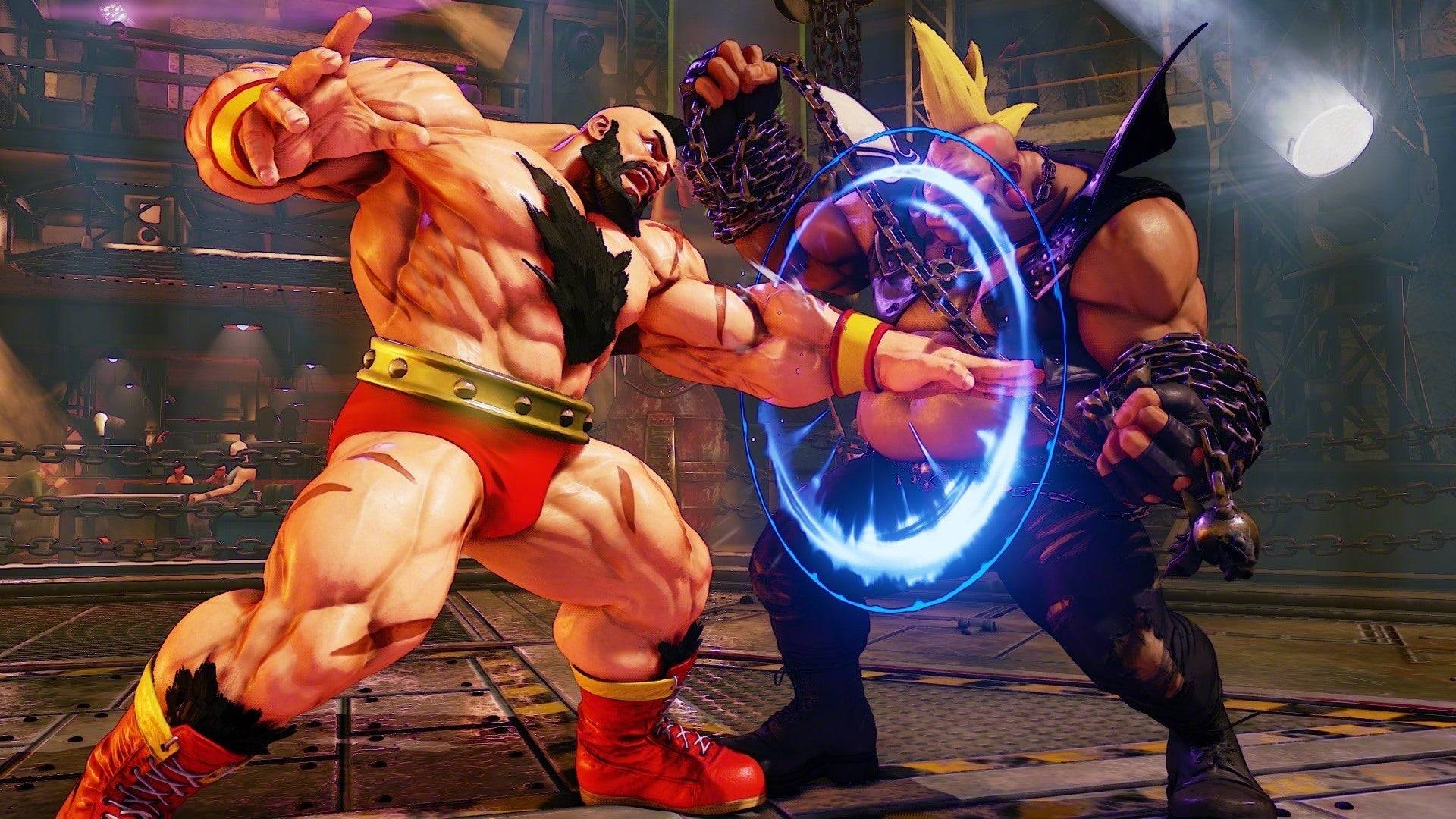
Nakayama acknowledges the developmental challenges: "We couldn't make major pivots; we had to proceed in the existing direction, limiting our options."
The decision to not abandon *Street Fighter 5* was strategic. Matsumoto explains: "It wasn't about ending *Street Fighter 5* and focusing solely on *Street Fighter 6*. We used *Street Fighter 5*'s development as a learning process, experimenting to inform the design of *Street Fighter 6*."
The team treated *Street Fighter 5* as a testing ground, learning from mistakes and refining core aspects. Numerous updates addressed netcode, character balance, and introduced new mechanics like V-Shift, which would later appear in *Street Fighter 6*. The goal was to rediscover the fun, addressing the frustration that had plagued the game.
Matsumoto highlights the importance of player enjoyment: "Fighting games are fun, but *Street Fighter 5* lacked a clear path to that enjoyment for players." Instead of simply lowering the difficulty, *Street Fighter 6* expanded tools for new players while retaining features beloved by veterans.
By using *Street Fighter 5* as a learning experience, *Street Fighter 6* (2023) launched to widespread critical acclaim.
To prevent future overhauls, Capcom implemented significant behind-the-scenes changes.
Monster Hunter Took Over The World
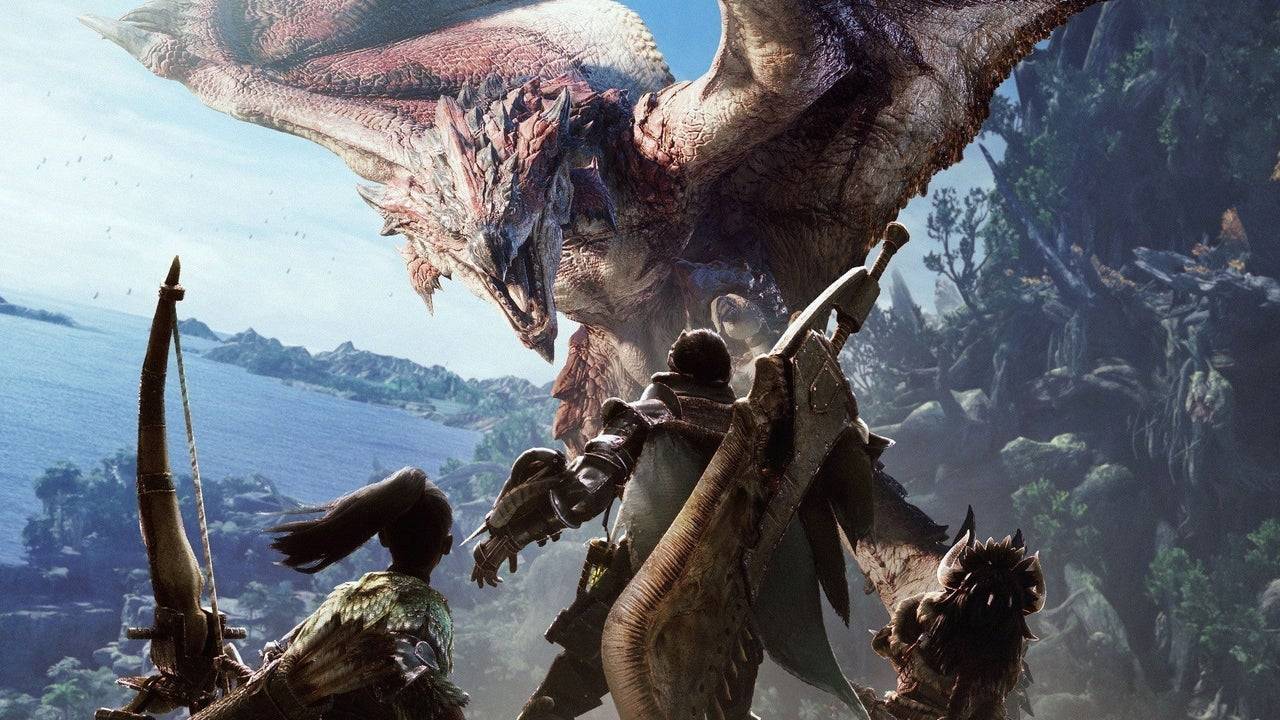
Around the launch of *Street Fighter 5* in 2016, Capcom underwent an internal restructuring in preparation for a new generation of games built on the RE Engine, replacing the aging MT Framework. This wasn't just a technological upgrade; it involved a commitment to creating games for a global audience, not just specific regions.
Hideaki Itsuno, known for his work on *Devil May Cry*, explains: "The engine change, coupled with a clear goal of creating globally appealing games, was pivotal."
Capcom previously focused heavily on the perceived Western market, resulting in titles that ultimately failed to resonate. The company realized it needed to create games that appealed to a global audience, not just fans of specific genres.
Itsuno emphasizes the importance of this new focus: "We had a clear goal: to make great games that would reach people worldwide."
No series better exemplifies this global strategy than *Monster Hunter*. While it had Western fans, it was significantly larger in Japan. This was partly due to the popularity of handheld consoles in Japan, where *Monster Hunter* initially found success on the PSP. This created a cycle: Japanese success led to Japan-focused content, reinforcing its image as a Japan-only brand.
However, with the rise of online gaming in the West, Capcom saw an opportunity. *Monster Hunter: World* (2018), released simultaneously worldwide on PS4, Xbox One, and PC, was a major departure. It delivered AAA console-quality visuals, larger environments, and bigger monsters.
Tsujimoto, the series' executive producer, explains the naming choice: "'Monster Hunter: World' signifies our intention to appeal to a global audience."
The game's simultaneous global release, along with the removal of Japan-exclusive content, was crucial. The team also conducted worldwide focus tests, incorporating feedback into the game's design. This led to changes like displaying damage numbers, subtly enhancing the experience for a broader audience. *Monster Hunter: World* and its sequel, *Monster Hunter Rise*, both sold over 20 million copies, a massive increase from previous entries.
Tsujimoto emphasizes the importance of accessibility without sacrificing the core gameplay: "At its heart, *Monster Hunter* is an action game, but we focused on guiding new players to that sense of accomplishment."
Resident Evil 7 Began Turning Things Around
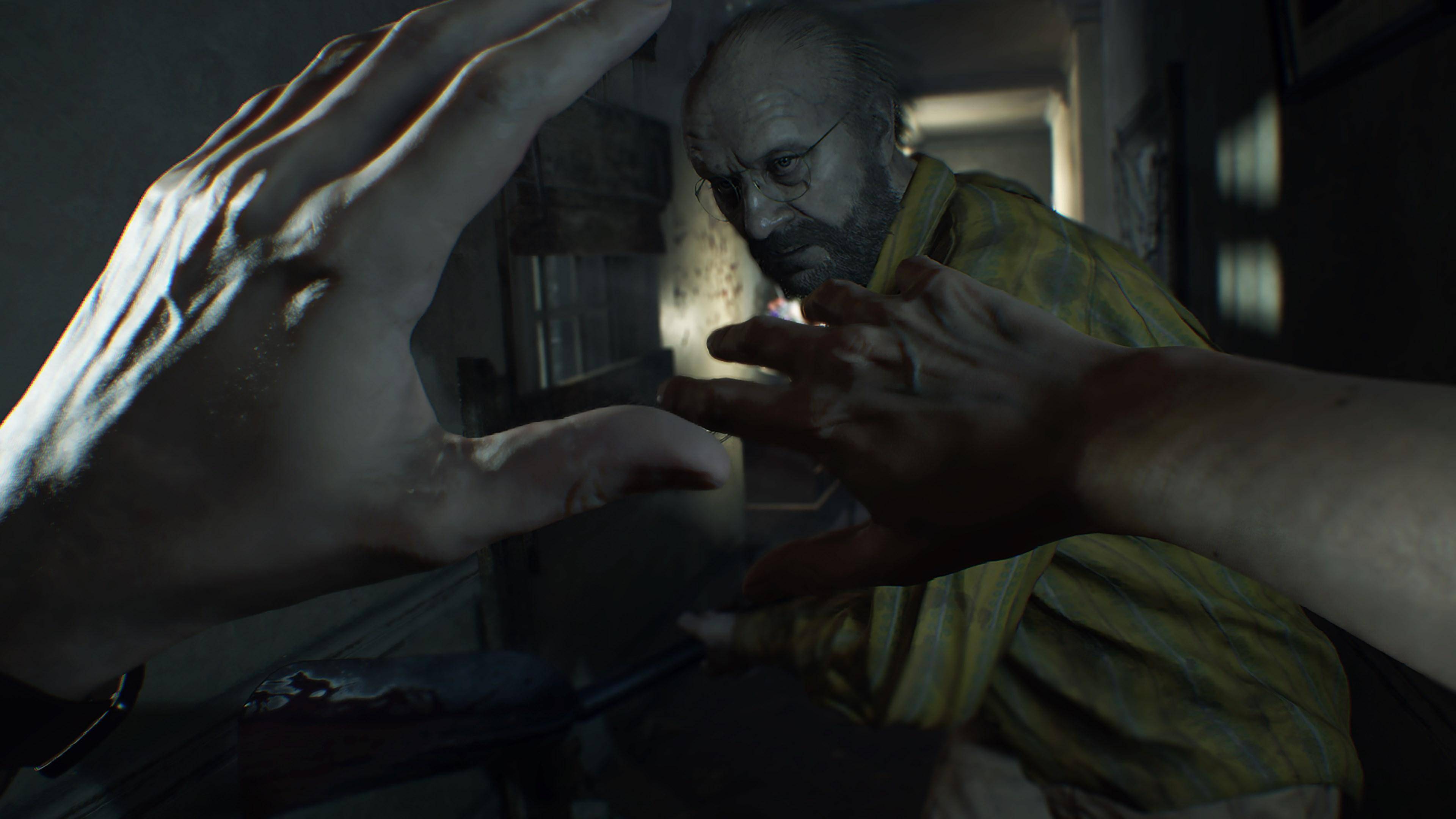
*Monster Hunter*'s success provided a blueprint, but other franchises required different approaches. For *Resident Evil*, the decision was to prioritize survival horror over action. Jun Takeuchi, executive producer of the *Resident Evil* series, made the crucial call.
Ampo recalls: "Around the time of *Resident Evil Revelations 1* and *2*, the R&D teams were reorganized. Takeuchi set the direction: *Resident Evil* needed to return to its roots, focusing on survival horror."
*Resident Evil 7*, announced at E3 2016, marked a return to first-person perspective and a renewed emphasis on survival horror. The game's unsettling atmosphere and claustrophobic setting made it one of the scariest in the series.
Ampo emphasizes Takeuchi's vision: "Takeuchi made it clear that the series needed to be scary and prioritize survival. *Resident Evil 7* would return to its origins."
While *Resident Evil 7* and *8* remained first-person, Capcom planned third-person entries through remakes, starting with *Resident Evil 2*. The success of fan projects demonstrated a clear demand for remakes.
Ampo explains the decision: "People really wanted this. Producer Hirabayashi said, 'We'll do it.'"
The *Resident Evil 2* Remake was a critical and commercial triumph, blending horror, action, and puzzles. The *Resident Evil 3* Remake followed, and despite initial hesitation, the *Resident Evil 4* Remake also proved highly successful, further refining the action-horror balance while maintaining the series' survival horror core.
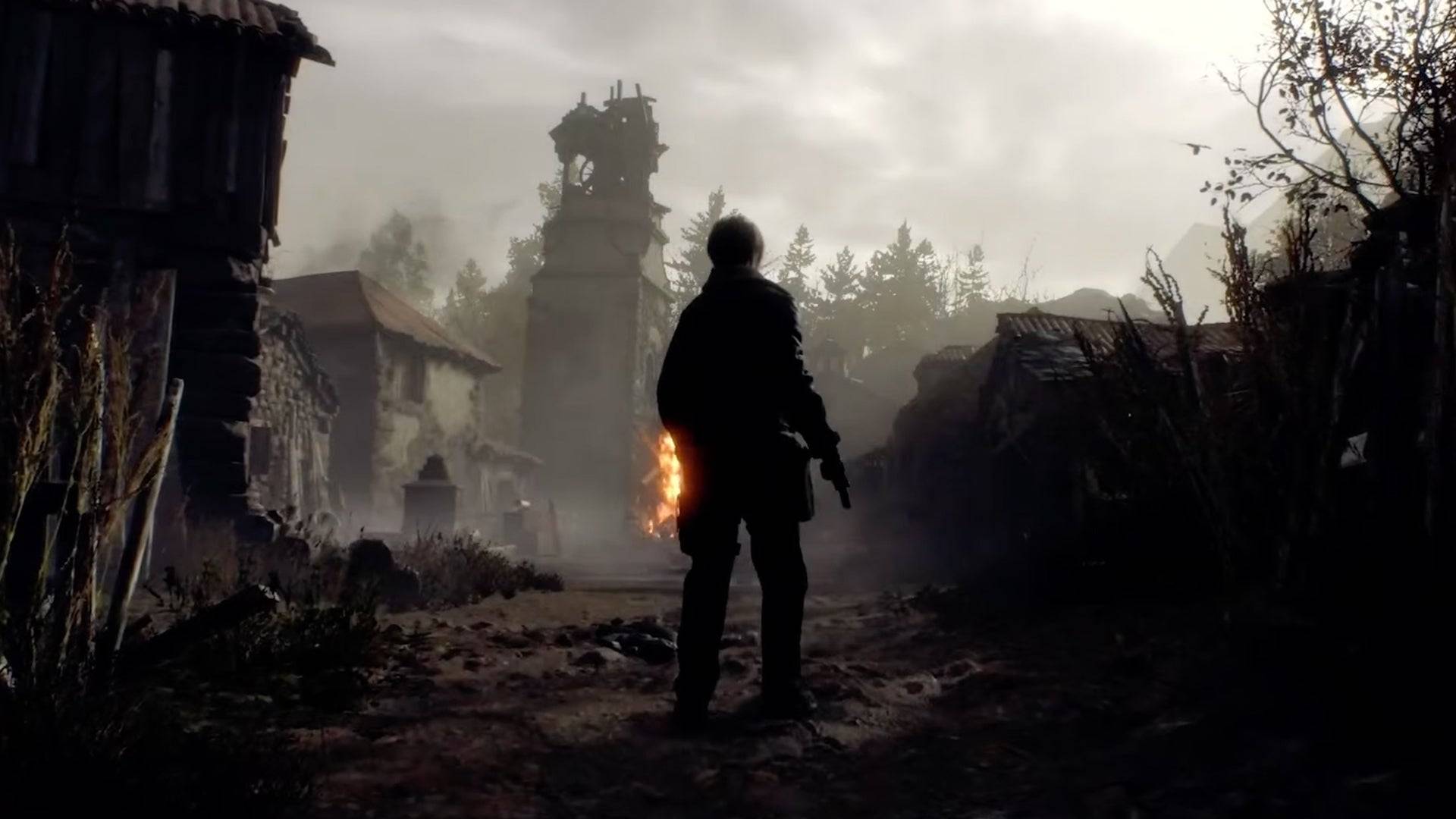
Simultaneously, Hideaki Itsuno, director of *Devil May Cry*, observed a softening of the action genre. For *Devil May Cry 5*, he aimed to create a challenging, stylish action game, leveraging the capabilities of the RE Engine.
The Reason Behind The Change
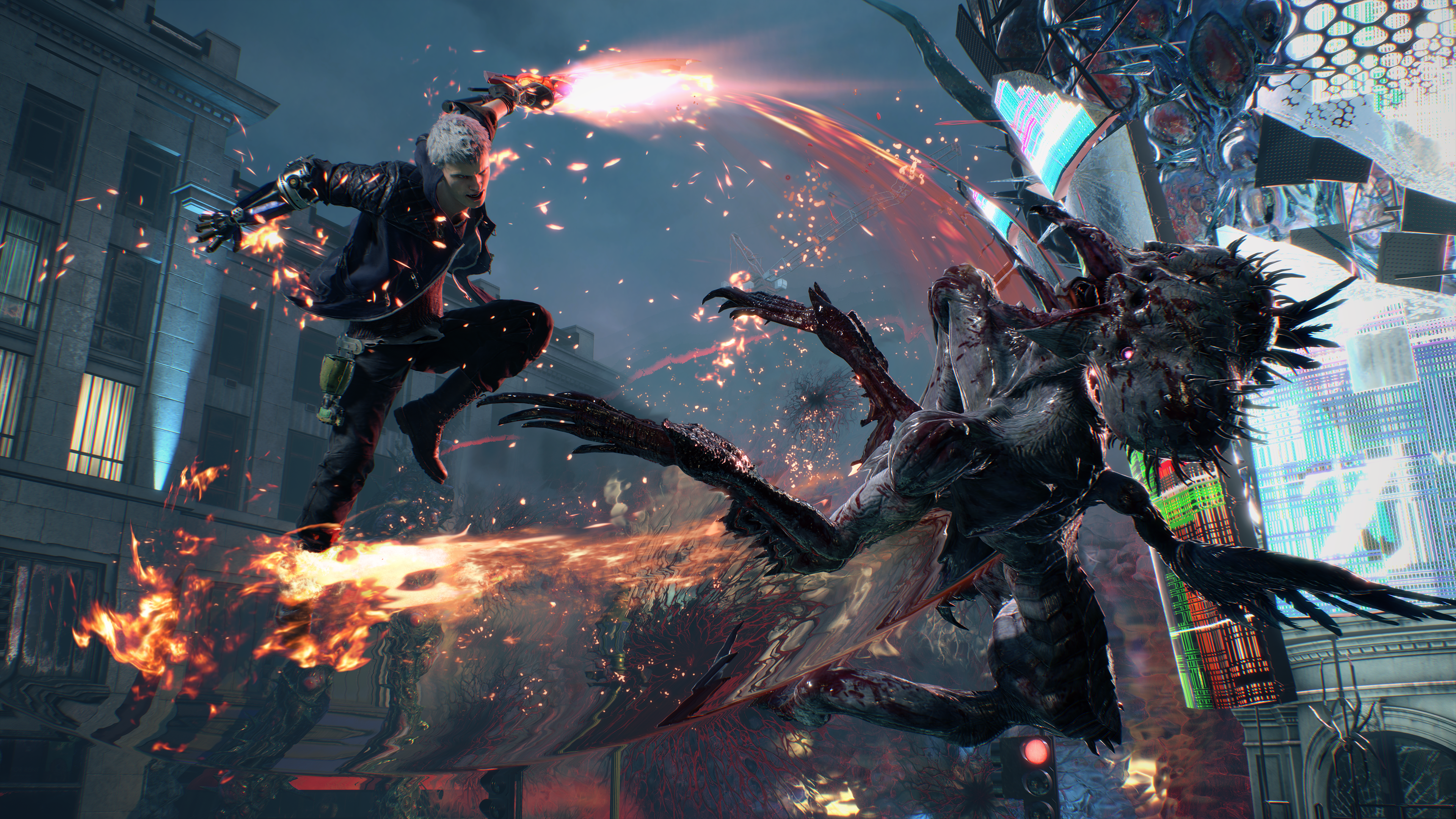
Itsuno explains his vision: "I felt the action genre was becoming too easy for players. I wanted to make something truly challenging and cool."
After a decade-long break from the series, Itsuno returned with a new technological arsenal. The RE Engine, replacing the MT Framework, offered significantly improved visual fidelity and faster development tools.
Ampo describes the RE Engine: "Its original concept was to create a less stressful development environment, allowing for faster iteration."
This allowed for extensive experimentation, enabling Itsuno to achieve his goal of creating a supremely stylish action game. The RE Engine's combination of speed and visual power elevated *Devil May Cry 5*'s style significantly.
Itsuno emphasizes the importance of coolness: "Ever since *Devil May Cry 3*, I've incorporated everything I consider cool into the games."
A New Capcom Golden Age
Since 2017, Capcom has consistently delivered high-quality games. Its focus on creating globally appealing titles, powered by the advanced RE Engine, has resulted in unprecedented success. The company seamlessly transitions between various genres without losing its identity.
This global approach hasn't diluted the franchises; instead, it's expanded their reach while remaining true to their core identities. Capcom's contemporary competitors are facing similar challenges to those Capcom overcame a decade ago.
Nakayama reflects on Capcom's current success: "It's an exciting time. We're able to focus on things we find fun."
Tsujimoto sums it up succinctly: "Capcom is in a golden era, and we need to make it last."


